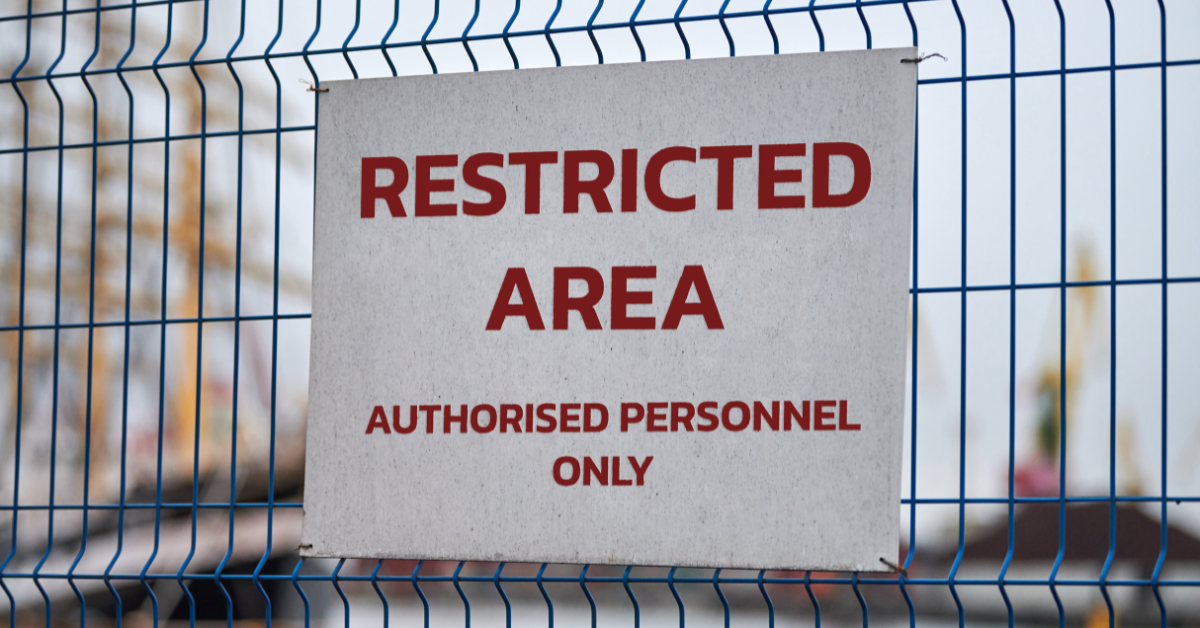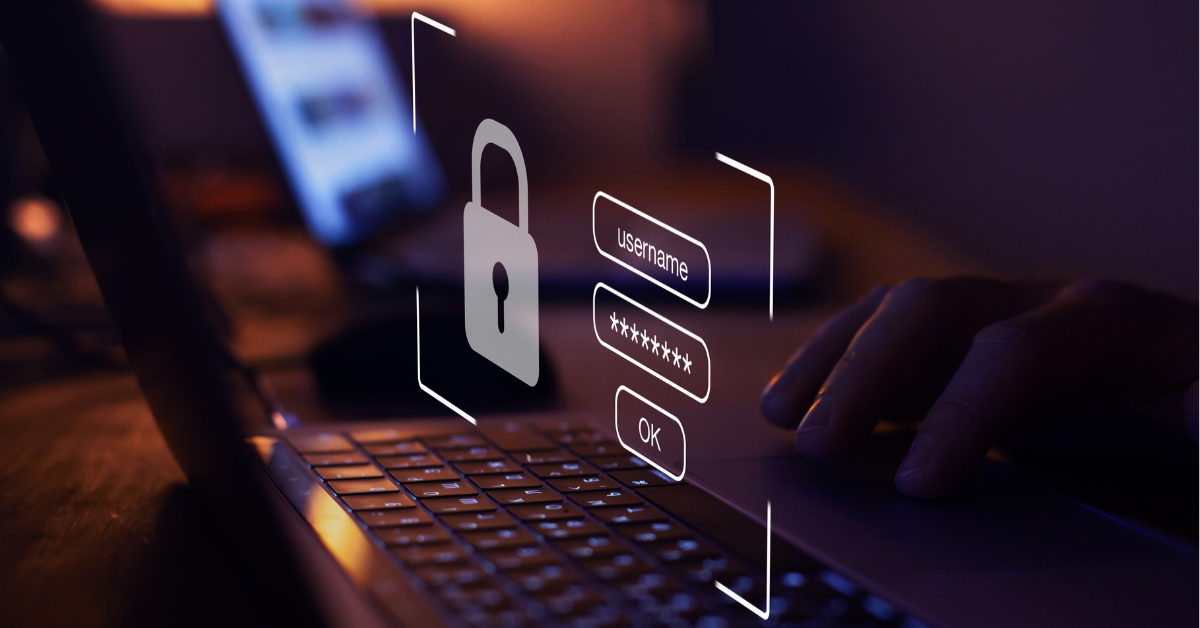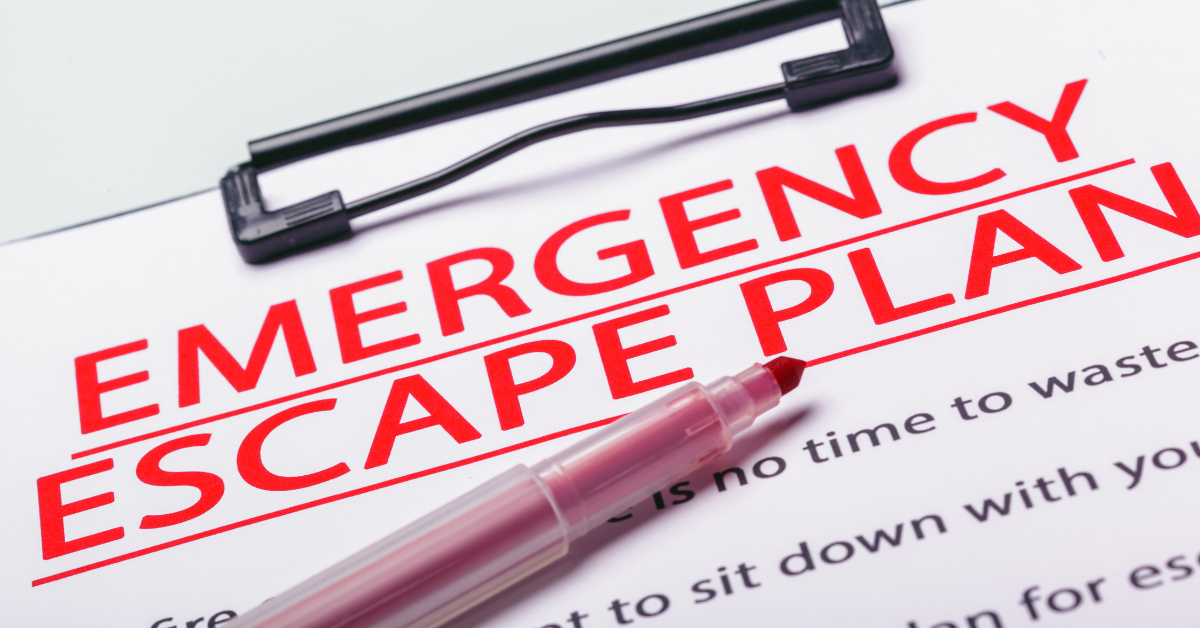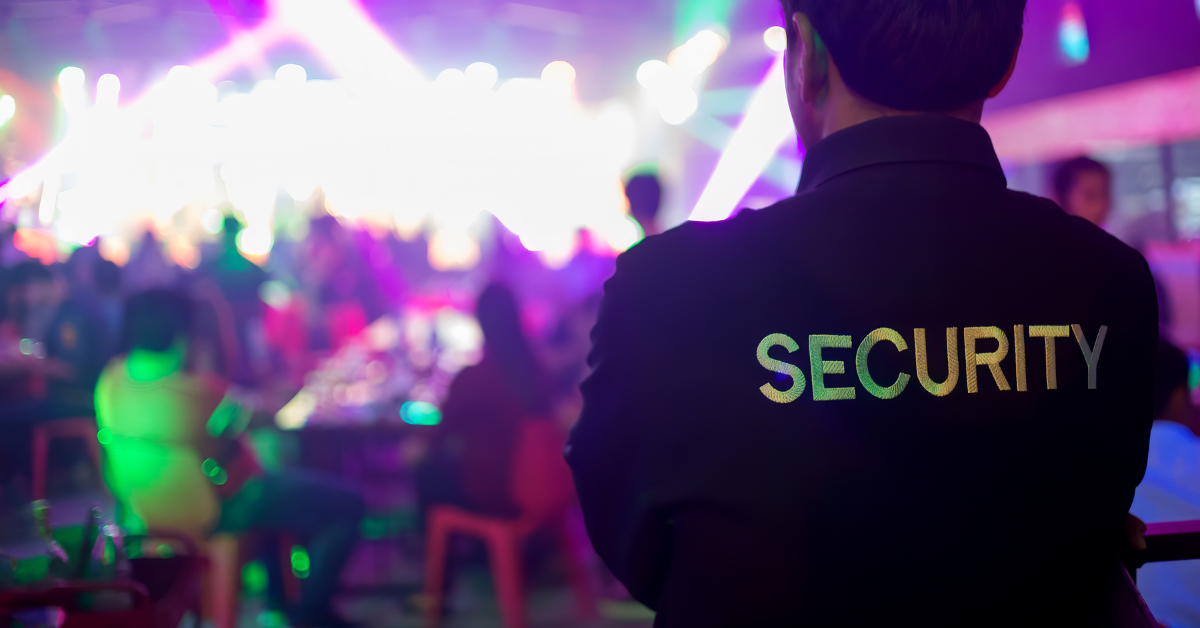In today’s increasingly complex event landscape, ensuring the safety and privacy of attendees is paramount. Whether you’re organizing a small corporate meeting or a large-scale conference, understanding and implementing robust security measures is crucial to keep attendees and data safe.
Ultimately, a solid risk management plan is vital for any event. Building a safe environment and emergency plan for your attendees will help you to be prepared for any scenario.
In addition to the tips below, an important part of any risk management plan will be consulting with legal counsel on event policies and insurance coverage. Check out our tips to help you get started.
Comprehensive Risk Assessment
Before planning an event, conduct a thorough risk assessment to identify potential security threats.
- Evaluate the venue
- Consider the nature of the event
- Understand the profile of your attendees
This assessment will help you create a tailored security plan that addresses specific risks and vulnerabilities when it comes to personal safety, cybersecurity, privacy, weather and other emergencies.
Each event will be different when it comes to preparing for safety. For example, when planning an outdoor reception, a planner should have a back-up plan in the event of unsafe weather like lightning strikes or high heat, while a large conference planner should be concerned with ensuring all meeting spaces have ample emergency exits.
If you’re not sure where to begin, this Event Safety Checklist from Eventbrite can help you get started.
At the end of the day, it comes down to making sure you are prepared for any situation and have back-up plans in place.
Collaboration with Local Authorities
Work closely with local law enforcement and emergency services to ensure a coordinated response in case of an incident.
- Communicate Your Plans: For larger events, it might make sense to share your event plan and security measures with local authorities so they can provide better support and integrate their resources with your event’s needs.
- Research Local Event Ordinances: Depending on the type of event, many municipalities require you to submit a permit or event security plan. Be sure to research or enquire with your venue to make sure you provide all necessary documents.
Physical Security Measures

Physical security is the foundation of any event safety plan. Here are some key measures to consider:
- Access Control: Use checkpoints, barriers, and security personnel to control access to the event venue. Ensure that only authorized individuals can enter restricted areas. Depending on the event, attendees should wear badges or wristbands to ensure only authorized people enter the event. Not all security has to be high-tech either. Simply blocking off unsafe areas with curtains or rope works for many events.
- Surveillance: Ensure your venue has cameras or security guards to monitor activity in and around the venue. This not only deters potential threats but also provides valuable evidence if an incident occurs.
- Security Personnel: Hire professional security staff to manage crowd control, monitor entrances, and respond to emergencies. Their presence can significantly enhance the sense of safety for attendees.
- Medical/First Aid: Make sure key individuals are aware of where First-Aid kits are stored and have access to supplies and local resources. Communicate clearly where guests should go for minor medical needs.
Cybersecurity Protocols

With the rise of digital interactions at events, cybersecurity is equally important.
Protecting attendees’ personal information and preventing cyber threats requires a proactive approach:
- Data Encryption: Ensure that any data collected during the registration process or through event apps is encrypted. This protects sensitive information from unauthorized access. Make sure to inform attendees how any data collected will and will not be used.
- Secure Wi-Fi Networks: Work with the venue to provide secure, password-protected Wi-Fi networks for attendees. Avoid using public networks that can be easily compromised.
- Regular Updates: Ensure the venue and/or tech partners keep all software and systems up to date with the latest security patches. This reduces the risk of vulnerabilities being exploited by cybercriminals.
Privacy Protection
Privacy concerns are increasingly significant for event attendees. Here are some steps to ensure that their privacy is protected:
- Data Minimization: Collect only the information that is absolutely necessary for the event. This reduces the risk of exposing unnecessary personal data.
- Privacy Policies: Clearly communicate your privacy policies to attendees. Let them know how their data will be used, stored, and protected.
- Third-Party Vendors: If you’re working with third-party vendors, ensure that they adhere to your privacy standards and have robust data protection measures in place.
Emergency Preparedness

Preparation is key to effectively managing emergencies. Develop a comprehensive emergency response plan that includes the following elements:
- Evacuation Procedures: Clearly outline evacuation routes and procedures in case of fire, natural disasters, or other emergencies. Ensure that all staff and security personnel are trained to assist in evacuations.
- Medical Assistance: Have medical personnel on-site to address any health emergencies. This includes first aid stations and access to emergency medical services.
- Communication Plan: Establish a communication plan to keep attendees informed during an emergency. This could include public address systems, mobile alerts, or social media updates.
Inclement Weather
In addition to the Emergency Preparedness tips above, your risk management plan should also consider these factors when it comes to weather risk:
- Have a Back-up Plan for Outdoor Events: It doesn’t have to be a category 5 hurricane to ruin an outdoor event. Additional concerns that could bring your outdoor event indoors include; lightning, wind, rain, high heat, or freezing temperatures. Depending on the severity of the weather event, a back-up plan could be as simple as a tent or outdoor heaters, but in some cases it could mean moving the event inside.
- Power Outages: In case of an interruption in electricity, make sure the venue has flashlights or flameless candles on hand. You should also work with the venue to ensure emergency paths are lit with reflective material.
Continuous Monitoring and Improvement
Event security is not a one-time effort but an ongoing process.
Continuously monitor the event environment and gather feedback from attendees and security personnel. Use this information to improve your security measures for future events.
Prioritizing security and privacy at your events not only protects your attendees but also enhances their overall experience.
By implementing comprehensive security measures, preparing for emergencies, and safeguarding personal information, you can create a safe and secure environment for all participants.
Sign up for your free GroupSync™ account and gain access to over 200,000+ hotels to source for your events.
Ready to book hotels for your next event?
Sign up for a free account on GroupSync today and discover how easy group booking can be.


